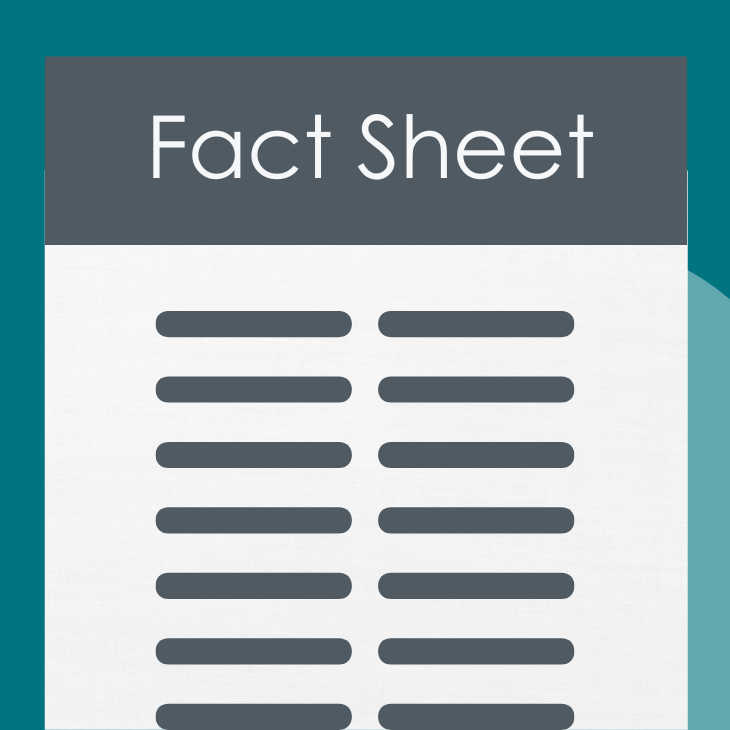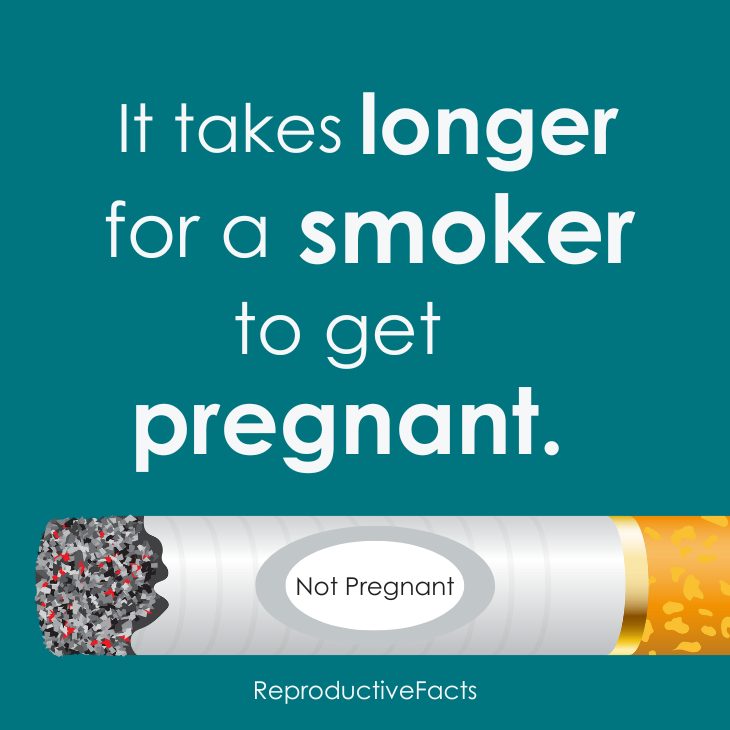
Revised 2023
Can smoking affect my ability to have a child?
Most people understand that smoking increases the risk for heart, vascular, and lung disease. Many do not realize that smoking can also lead to problems with fertility in both men and women. Erectile dysfunction and pregnancy complication rates are also increased with smoking.
Will smoking affect my eggs or sperm?
Chemicals (such as nicotine, cyanide, and carbon monoxide) in cigarette smoke speed up the loss rate of eggs. Unfortunately, once eggs die off, they cannot regenerate or be replaced. This means that menopause occurs 1 to 4 years earlier in women who smoke compared with non-smokers.

How can smoking impact my ability to conceive?
Women who smoke do not conceive as efficiently as nonsmokers. Infertility rates in both male and female smokers are about twice the rate of infertility found in nonsmokers. The risk for fertility problems increases with the number of cigarettes smoked daily.
Even fertility treatments such as in vitro fertilization (IVF) may not be able to fully overcome the effects of smoking on fertility. Female smokers may require more ovary-stimulating medications during IVF and can still have fewer eggs at retrieval time and 30% lower pregnancy rates compared with women undergoing IVF who do not smoke.
Because smoking damages the genetic material in eggs and sperm, miscarriage and offspring birth-defect rates are higher among patients who smoke. Smokeless tobacco also leads to increased miscarriage rates, and e-cigarette use (vaping) may also cause problems for the pregnancy and the baby. Women who smoke are more likely to conceive a pregnancy with abnormal chromosomes (such as Down syndrome) compared to nonsmoking mothers. Ectopic pregnancies and preterm labor also occur more often among female smokers.
Can smoking affect my children?
Men whose mothers smoked half a pack of cigarettes (or more) a day had lower sperm counts. Smoking during pregnancy also can lead to growth restriction of the baby before birth. Children born with lower-than-expected birth weights are at higher risk for medical problems later in life (such as diabetes, obesity, and cardiovascular disease). Children whose parents smoke are at increased risk for sudden infant death syndrome (SIDS) and for developing asthma.
I don’t smoke but my partner does. Could this secondhand smoke affect my fertility?
Women exposed to secondhand smoke can suffer all the above health risks even if they are not smoking themselves.
If I stop smoking, will my chances for conceiving and having a healthy pregnancy improve?
Yes. Quitting smoking can improve fertility, though the decrease of the egg supply cannot be reversed. The rate of pregnancy complications due to smoking decreases the longer a person has not smoked.
Sometimes, temporary use of a nicotine replacement (such as nicotine gum or patch) and/or prescription medication called bupropion can improve quitting smoking rates, and you can use this while trying to conceive if needed. Though it generally isn’t advised to use these during pregnancy, you and your health-care provider might consider their use during pregnancy after weighing the risks and benefits.
Smoking
Infertility
Fact Sheets/Booklets
View more fact sheets and booklets written by the ASRM Patient Education Committee.
Menopausal Transition (Perimenopause): What Is It?
The menopausal transition (perimenopause) is the period that links a woman’s reproductive (childbearing) years and menopause.
Osteoporosis
Osteoporosis and osteopenia are conditions of having low bone mass (density).
Hyperprolactinemia (High Prolactin Levels)
Prolactin is a hormone produced by your pituitary gland which sits at the bottom of the brain.
Optimizing Natural Fertility
Before attempting pregnancy, a woman should make sure she is healthy enough for pregnancy by adopting a healthier lifestyle and taking prenatal vitamins. If she has a medical or genetic condition or risk of one, she should seek advice from a medical professional before conceiving (becoming pregnant)Find a Health Professional











